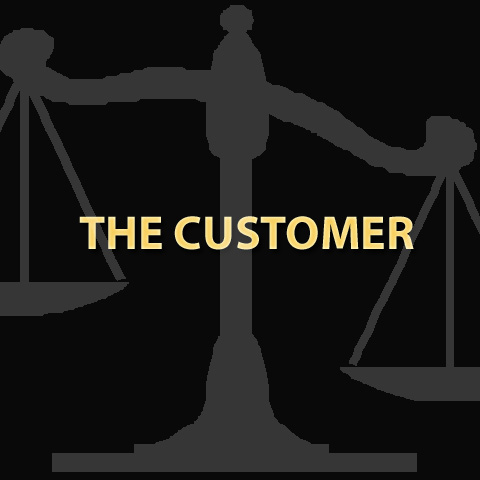You know we’re all amazed at the power of Twitter and the numbers don’t lie. I know I am. But if Twitter went away tomorrow what would you do? How would you adapt? As we have all seen when Twitter does goes down for any prolonged amount of time, the silence is deafening. Some migrate over to Facebook and still others bounce over to friendfeed. But at those times, if you just stop for a moment you notice some things, actually a few things.
This morning I was thinking about those things and then some, and in those times you have to gather your thoughts quickly. Here’s my take on Twitter and real time conversations. Did you notice these things?
1) Our need for real time communication is insatiable
2) Our desire for a platform or a “place” that supports real time communication is what has fueled growth on the internet over the last 12 years.
3) The more focused these type of platforms are, the more successful they are and possibly you!
4) Simple wins
5) Plurk wasn’t simple.
6) LiveFyre will have potential
7) Friendfeed is not the alternative you think and neither is Facebook.
8. A premium level can exist but value has to trump the bells and whistles; And you won’t use it unless everyone else is.
9) The premium level has to have 99.9% uptime in order for you to trust it.
10) Yes, real time instantaneous communication is a great thing for businesses, and an awesome networking tool, but the real power will lie in its ability to bridge the gap with the customer. And the customer needs to know that they have this channel to access where they can get real answers from real people and get real results in….real time.
In the end, I think Google still might win. If you look at this past year, Sidewiki and Google Wave were and are diamonds in the rough for real time communications, they’re just waiting for you to figure them out and… given that those 2 came out in 2009, know that Google is not done, never forget that.
Share this Post












